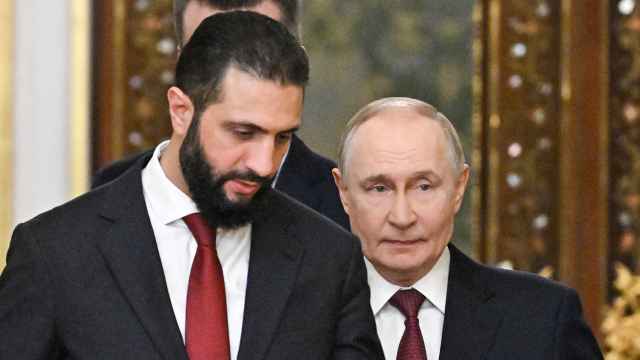India has agreed to buy potash from Russia's Uralkali at the lowest price in seven years and about a quarter less than last year's level, the company said Tuesday.
The bargaining power of buyers has increased since Uralkali, the world's largest potash producer, broke away in July from a sales alliance with Belarus — Belarussian Potash Company — with global potash prices falling more than 20 percent.
India has agreed to buy potash at $322 per ton on a cost and freight basis in the year starting April 1, down from $427 per ton agreed a year ago.
During the fiscal year through March 31, India persuaded the supplier to cut prices to $375 a ton after a slump in the Indian rupee and the drop in global spot potash prices.
"We have agreed on the price [for 2014 to 2015]" one of the Indian buyers said.
Uralkali said in a statement that it was selling 800,000 tons of the fertilizer over the period from April 2014 to March 2015.
A team of Uralkali sales officials is in India to finalize deals for more than 1 million tons with several customers, a senior fertilizer industry official has said.
Uralkali's contract price is likely to emerge as the benchmark for other suppliers to India, such as the powerful North American trading group Canpotex, owned by Potash Corporation of Saskatchewan, Mosaic Co and Agrium.
Other potash producers that supply India include Germany's K+S, Jordan's Arab Potash Company and Israel Chemicals.
"Uralkali is keen to sell as much as it can to Indian buyers. There is competition among suppliers to corner Indian share," a senior official at a Mumbai-based fertilizer company said.
"Since Uralkali has set a price, I think Canpotex will also seal deals this month," the official said.
Despite the drop in global prices, Indian potash imports are likely to remain subdued this year as local prices will remain elevated due to the government's decision to cut potash subsidies by nearly a fifth.
India, which relies on overseas supplies to meet its entire potash demand, has cut potash subsidies for the year that started on April 1 in an effort to contain a ballooning fiscal deficit.
The country has accounted for about a tenth of global shipments over the past five years, but its share has been slipping as local prices rise due to subsidy cuts and a weaker rupee.
India's potash imports should remain largely steady around 3.5 million tons in 2014 to 2015 due to the subsidy cut, P.S. Gahlaut, managing director of Indian Potash, the country's biggest importer, said last month.
In January, Uralkali slashed prices for China, the world's largest potash consumer, by 24 percent to $305 per ton, hoping to set a new floor for global prices.
India usually pays a slightly higher price for potash than China due to additional freight and as it seeks shipments in small consignments.
Material from the Moscow Times was used in this report.
A Message from The Moscow Times:
Dear readers,
We are facing unprecedented challenges. Russia's Prosecutor General's Office has designated The Moscow Times as an "undesirable" organization, criminalizing our work and putting our staff at risk of prosecution. This follows our earlier unjust labeling as a "foreign agent."
These actions are direct attempts to silence independent journalism in Russia. The authorities claim our work "discredits the decisions of the Russian leadership." We see things differently: we strive to provide accurate, unbiased reporting on Russia.
We, the journalists of The Moscow Times, refuse to be silenced. But to continue our work, we need your help.
Your support, no matter how small, makes a world of difference. If you can, please support us monthly starting from just $2. It's quick to set up, and every contribution makes a significant impact.
By supporting The Moscow Times, you're defending open, independent journalism in the face of repression. Thank you for standing with us.
Remind me later.





